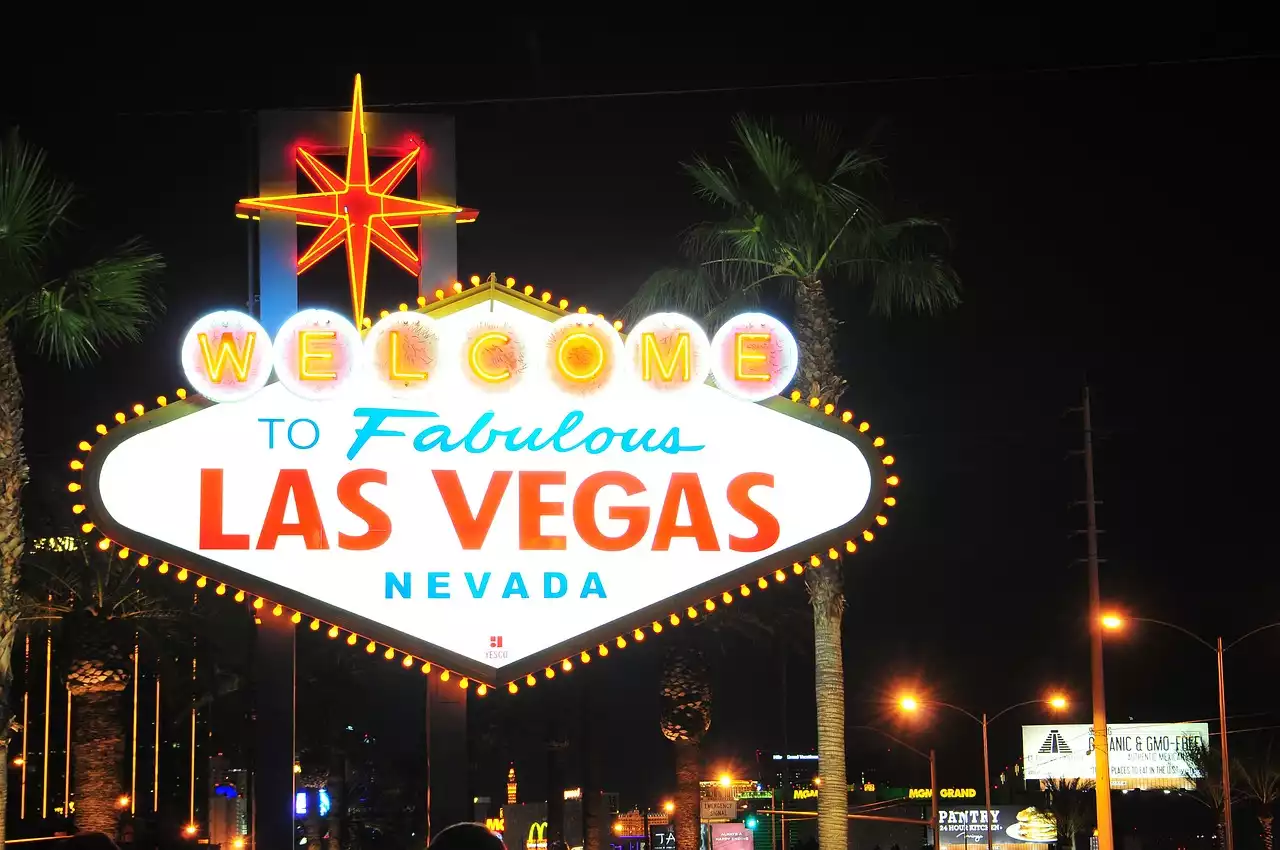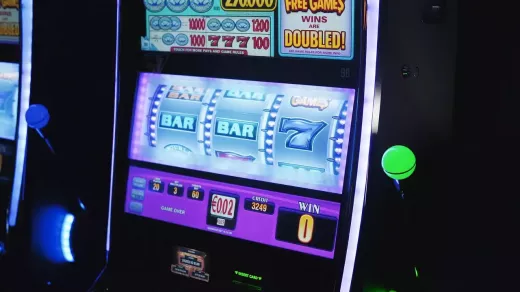Overview of Brazil's Casino Legislation
Brazil has long been known for its strict stance against gambling, with a ban on casinos dating back to 1946. However, recent legislative developments have signaled a potential shift in this stance, with discussions surrounding the legalization of integrated resorts gaining momentum. The proposed legislation aims to establish a framework for the operation of casinos, allowing for the development of large-scale integrated resorts that encompass gaming facilities, hotels, entertainment venues, and other amenities. The potential economic impact of this legislation has sparked intense debate and speculation within the investment and gaming communities.
The prospect of tapping into a burgeoning market holds promise for investors, but navigating the intricacies of regulatory frameworks and market dynamics is paramount. Meanwhile, operators are gearing up to position themselves strategically in anticipation of the regulatory changes, poised to leverage first-mover advantages in a market ripe with possibilities.
Potential Impact on Investors
For investors, the potential legalization of casinos in Brazil represents a compelling opportunity to capitalize on a previously untapped market. The sheer size of Brazil's population and its growing middle class make it an enticing prospect for investment. The potential for integrated resorts to attract both domestic and international visitors further adds to the appeal, with the promise of substantial returns on investment.
However, navigating the complexities of entering a new market comes with its own set of challenges. Understanding the regulatory landscape, assessing the competitive environment, and gauging consumer preferences are essential steps for investors looking to capitalize on the potential opportunities presented by Brazil's casino legislation. Moreover, mitigating risks associated with political and regulatory uncertainties will be crucial for safeguarding investments in this evolving landscape.
Potential Impact on Casino Operators
The potential legalization of casinos in Brazil has sparked intense interest among casino operators, who are eager to establish a foothold in a market with significant growth potential. The prospect of developing and operating integrated resorts presents a unique opportunity for operators to expand their global footprint and diversify their revenue streams. With the potential for large-scale developments, operators are poised to capitalize on the demand for world-class entertainment and hospitality experiences in Brazil.
However, the path to establishing and operating a casino in Brazil is rife with challenges. Navigating the regulatory framework, securing strategic partnerships, and aligning with local stakeholders are critical considerations for operators looking to enter the Brazilian market. Moreover, developing a deep understanding of the local consumer preferences and cultural nuances will be essential for delivering tailored experiences that resonate with the Brazilian audience.
Current State of the Gambling Industry in Brazil
The current state of the gambling industry in Brazil is characterized by a long-standing prohibition on casinos, with limited exceptions for state-operated lotteries and horse racing. Despite the ban, illegal gambling activities persist, highlighting the latent demand for gaming and entertainment options within the country. The potential legalization of casinos has the potential to reshape the landscape of the gambling industry, offering a legitimate avenue for gaming and hospitality developments that can cater to the diverse preferences of Brazilian consumers.
The emergence of integrated resorts has the potential to revolutionize the entertainment and tourism sectors, creating a ripple effect that extends beyond gaming and hospitality. The infusion of foreign direct investment and the creation of jobs within the integrated resort developments can contribute to economic growth and stimulate ancillary industries, such as construction, retail, and transportation.
Challenges and Opportunities in the Brazilian Casino Market
The Brazilian casino market presents a unique set of challenges and opportunities for investors and operators alike. On one hand, the potential for tapping into a consumer market of over 200 million people presents a compelling opportunity for growth and revenue generation. On the other hand, navigating the regulatory landscape, addressing cultural sensitivities, and aligning with local preferences pose significant challenges for market entrants.
The potential for large-scale integrated resorts to become catalysts for economic development and tourism growth underscores the transformative potential of the Brazilian casino market. The ability to create immersive entertainment experiences that cater to a diverse range of consumer preferences presents an opportunity for operators to differentiate themselves and capture market share in a rapidly evolving landscape.
Key Stakeholders' Perspectives on the Legislation
The proposed legislation to legalize casinos in Brazil has elicited varying perspectives from key stakeholders, including government officials, industry associations, and community representatives. Proponents of the legislation highlight the potential economic benefits, job creation, and tourism growth that can stem from the development of integrated resorts. They argue that regulated gaming can mitigate the proliferation of illegal gambling activities and channel revenue into social and infrastructure development.
Conversely, opponents express concerns about the social implications of expanded gaming, citing potential increases in problem gambling, crime, and social inequalities. Balancing the interests of diverse stakeholders and addressing concerns related to responsible gaming and social impact will be pivotal in shaping the regulatory framework and industry standards for casino operations in Brazil.
Regulatory Framework for Operating a Casino in Brazil
The regulatory framework for operating a casino in Brazil is poised to undergo significant developments in line with the potential legalization of integrated resorts. Key considerations for the regulatory framework include licensing requirements, taxation structures, consumer protections, and responsible gaming measures. Establishing robust regulatory oversight will be essential for ensuring the integrity and transparency of casino operations, while safeguarding the interests of both consumers and industry stakeholders.
The establishment of a regulatory body tasked with overseeing the gaming industry and enforcing compliance with industry standards will be instrumental in shaping the operational landscape for casino operators. Moreover, regulatory frameworks that align with international best practices can instill confidence in investors and operators, signaling a commitment to upholding industry standards and fostering a conducive environment for sustainable growth.
Strategies for Navigating the Legal Landscape
Navigating the legal landscape of Brazil's casino industry requires a strategic and comprehensive approach that encompasses legal due diligence, risk assessment, and compliance frameworks. Engaging legal counsel with expertise in gaming regulations and local laws is essential for understanding the nuances of the regulatory environment and ensuring adherence to legal requirements.
Establishing proactive engagement with regulatory authorities, industry associations, and local communities can help build trust and goodwill, laying the groundwork for sustainable operations within the Brazilian market. Additionally, forging strategic partnerships with local entities and leveraging market insights can provide a competitive edge for investors and operators seeking to navigate the legal landscape and establish a strong foothold in the emerging casino industry.
Investment Opportunities in the Brazilian Casino Industry
The potential legalization of casinos in Brazil has sparked a wave of interest among investors seeking to capitalize on the burgeoning market. The prospect of developing and operating integrated resorts presents a diverse array of investment opportunities, ranging from real estate development to hospitality and entertainment ventures. Foreign direct investment in the form of casino developments has the potential to inject significant capital into the Brazilian economy, driving job creation and stimulating ancillary industries.
Moreover, the potential for synergies between gaming, hospitality, and entertainment offerings within integrated resorts presents a fertile ground for investment diversification and revenue generation. As the regulatory landscape evolves and the market matures, strategic investments in gaming and hospitality developments can yield substantial returns while contributing to the sustainable growth of Brazil's tourism and entertainment sectors.
Conclusion and Future Outlook
In conclusion, the potential legalization of casinos in Brazil heralds a transformative period for investors and operators, offering a tantalizing blend of opportunities and challenges. The evolving regulatory landscape, market dynamics, and cultural nuances underscore the need for a strategic and nuanced approach to navigating the Brazilian casino industry. As stakeholders prepare to embrace the potential changes on the horizon, the industry stands poised to usher in a new era of gaming and entertainment that can redefine the economic and social fabric of Brazil.
Looking ahead, the future outlook for Brazil's casino industry hinges on the successful navigation of regulatory complexities, the responsible development of integrated resorts, and the alignment with local preferences and community interests. The potential for Brazil to emerge as a vibrant gaming destination and a catalyst for economic growth underscores the transformative potential of the casino legislation, signaling a new chapter in the evolution of Brazil's entertainment and hospitality landscape.
In summary, the implications of Brazil's casino legislation for investors and operators are multifaceted, offering a canvas for strategic investments, innovative developments, and sustainable growth in a market poised for transformation. As the regulatory landscape continues to evolve, stakeholders are poised to shape the trajectory of Brazil's casino industry, forging a path that balances economic potential with social responsibility, and cultural resonance with global appeal.
The potential for Brazil to emerge as a vibrant gaming destination and a catalyst for economic growth underscores the transformative potential of the casino legislation, signaling a new chapter in the evolution of Brazil's entertainment and hospitality landscape.
# Conclusion
In conclusion, the potential legalization of casinos in Brazil heralds a transformative period for investors and operators, offering a tantalizing blend of opportunities and challenges. The evolving regulatory landscape, market dynamics, and cultural nuances underscore the need for a strategic and nuanced approach to navigating the Brazilian casino industry. As stakeholders prepare to embrace the potential changes on the horizon, the industry stands poised to usher in a new era of gaming and entertainment that can redefine the economic and social fabric of Brazil.
Looking ahead, the future outlook for Brazil's casino industry hinges on the successful navigation of regulatory complexities, the responsible development of integrated resorts, and the alignment with local preferences and community interests. The potential for Brazil to emerge as a vibrant gaming destination and a catalyst for economic growth underscores the transformative potential of the casino legislation, signaling a new chapter in the evolution of Brazil's entertainment and hospitality landscape.
In summary, the implications of Brazil's casino legislation for investors and operators are multifaceted, offering a canvas for strategic investments, innovative developments, and sustainable growth in a market poised for transformation. As the regulatory landscape continues to evolve, stakeholders are poised to shape the trajectory of Brazil's casino industry, forging a path that balances economic potential with social responsibility, and cultural resonance with global appeal.
If there are any revisions or additional information needed, please feel free to let me know.














